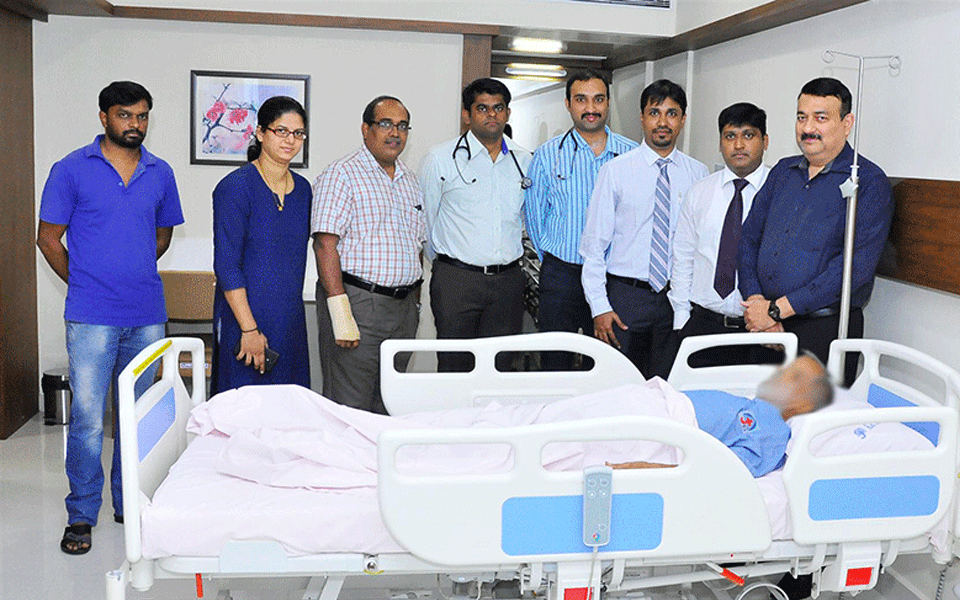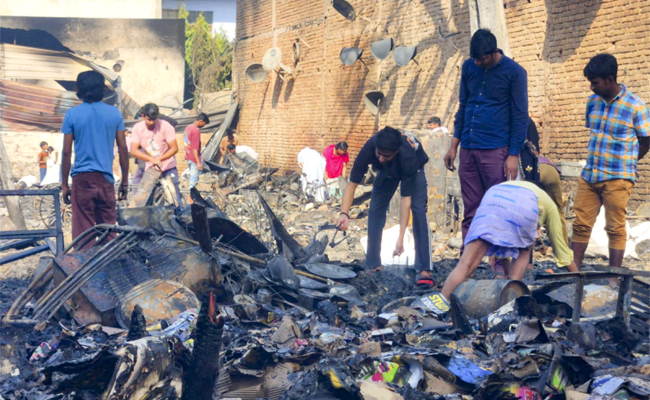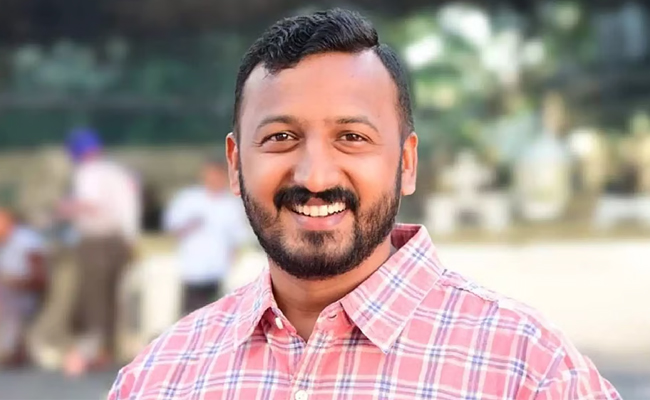Mangaluru: Kuntikana’s AJ Hospital and Research Center, which is known for successful management of complex surgeries, has added one more feather in its cap.
A 59-year-old man from Tumkur was treated at a well-known hospital in Bengaluru for a Pseudomonas tumor four years ago, but he again complained the same problem and was suffering from severe pain. When he was examined through a CT scan, it was found that he needs multiple organs treatment. The patient was admitted to AJ Hospital on August 14 after surgical inspection and pre-preparation. The doctor's team, led by cancer surgeon Dr. Vishwanath, performed an 18-hour surgery and successfully removed the tumor.
The surgeon's team included Surgical Gastroenterologist Dr. Rohan Shetty, Dr. Ashwin Alva, Medical Oncologist Dr. Rachan Shetty, and Anesthesiologist Dr. Trivikram Thantri.
The specialty of this surgery:
The patient was subjected to a multiple organ surgery as the disease had spread to the principal organs of the body. This resulted in the removal of a part of the stomach, small intestine, large intestine, and spleen. The outer part of the pancreas had to be eliminated. Besides, peritoneum was also completely removed. It was a complicated surgery that was performed for 18 hours, Dr. Vishwanath informed.
Then the chemotherapy was performed within the stomach at a temperature of 42 degrees for 90 minutes by the Hyperthermic Intraperitoneal Chemotherapy (HIPEC) machine. Delivering hot chemotherapy directly into the peritoneal hole helps in destroying cancer cells that are not visible to human eyes. With chemotherapy given through HIPEC, the medicine will instantly be in contact with the cancer cells, and the side effects can be reduced.
As the HIPEC chemotherapy was given in Mangaluru for the first time, a team of doctors headed by Anastasia division head Dr. Trivikram Thantri kept the patient's condition in constant care. The patient was discharged from the hospital on the 12th day after the patient’s condition was normal.
The surgical procedure through HIPEC equipment has been given for the first time in the Karavali, and it is intended to treat patients with such technique hereafter as well. AJ Hospital has all the technology and expert specialists to treat such deceases.
People do not necessarily need to go to far places for the treatment of such problems. This treatment will be available in Mangaluru for the patients of Kerala and coastal region,
For more details on this surgery, the hospital cancer surgeon Dr. Vishwanath can be contacted on 8123567396.
Let the Truth be known. If you read VB and like VB, please be a VB Supporter and Help us deliver the Truth to one and all.
New Delhi (PTI): A massive fire swept through a cluster of shanties in Delhi's Rithala area early on Thursday, killing a 17-year-old girl and destroying more than 100 huts that left dozens of migrant families homeless.
Firefighters pulled out the charred body of the girl who was initially reported missing after the fire.
The blaze that was reported to authorities at 4.15 am spread rapidly through the densely packed shanties, triggering panic among residents who rushed out of their huts to escape the flames.
Residents said the shanty cluster was home to migrant labourers from Bihar, Uttar Pradesh and West Bengal and other states who worked as daily wage workers in nearby factories, construction sites and small establishments.
The Delhi Fire Services (DFS) launched a large-scale firefighting operation and deployed more than 18 fire tenders to control the blaze.
After the fire was brought under control, firefighters recovered the charred body of a teenage girl from the debris.
"Teams reached the location soon after the call was received and began firefighting operations. The fire had already engulfed several shanties in the cluster," a fire official said.
Officials said the blaze spread quickly because the huts were built very close to each other and many contained highly inflammable materials such as plastic sheets, wooden planks and cloth.
Firefighters and local police personnel carried out rescue and cooling operations and managed to bring the fire under control by around 6.30 am.
"The fire had spread to more than 100 huts and a adjacent godown of paper rolls and cardboard and the doors and windows of some residential flats also caught fire. A 17-year-old girl charred body was also recovered. Her body was sent to BSA Hospital by PCR," the officer said.
Police said the girl has been identified and further legal procedures are underway.
Many families said they lost everything in the fire as they had to flee with no belongings during the fire.
"We ran out to save our lives when the fire started. Within minutes everything was burning. Our hut, clothes, money and documents -- everything has turned to ashes," said Ramesh Kumar, a labourer from Bihar who has been living in the area.
Another person from West Bengal, said the flames spread so quickly that people barely had time to wake their children and escape.
"We woke up to screams and saw fire everywhere. We somehow managed to take the children outside. We could not save anything from the hut. All our belongings are gone," she said.
Some residents were seen searching through the burnt remains of their huts in the hope of finding salvageable items. "We worked for years to build this small hut and collect household items. In just a few minutes, everything we had earned was destroyed," said a migrant worker from Uttar Pradesh.
Police said the exact cause of the fire is yet to be ascertained and an investigation is underway.





